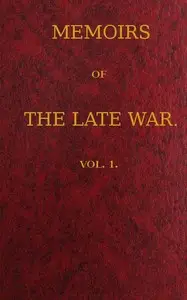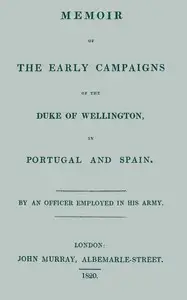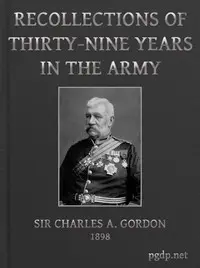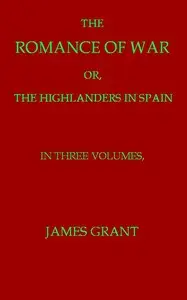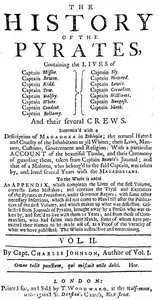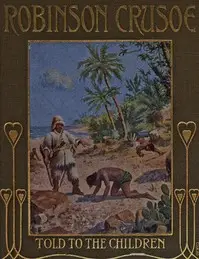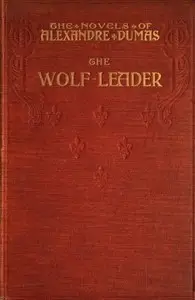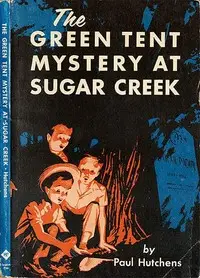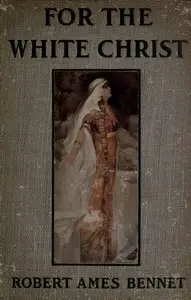"Memoirs of Major Alexander Ramkins" by Daniel Defoe is a recount of the exciting life and experiences of Major Alexander Ramkins during the early 1700s. As a Highland officer, Ramkins looks back on almost thirty years of fighting battles and seeing new places, such as Scotland, Germany, Italy, and Ireland. The story looks at being faithful to a cause and getting mixed up in politics, all while Ramkins deals with his own love life during times of war. Beginning with his younger years, Major Ramkins remembers fighting in the Battle of Gillycranky and then deciding to join the military. An older officer teaches him about fighting strategies and how political groups can be dishonest. This starts him on a path through different military adventures. He starts thinking about why powerful people do what they do, especially when King James II tries to get his throne back with help from France, and it also suggests some of his own personal problems, like taking care of his family and finding love. This creates an interesting mix of personal feelings and historical events, helping us understand what war and loyalty really mean.

Memoirs of Major Alexander Ramkins (1718)
By Daniel Defoe
Travel through war-torn lands and political drama with a Highland officer as he fights for king and country, all while navigating love and family obligations.
Summary
About the AuthorDaniel Defoe was an English novelist, journalist, merchant, pamphleteer and spy. He is most famous for his novel Robinson Crusoe, published in 1719, which is claimed to be second only to the Bible in its number of translations. He has been seen as one of the earliest proponents of the English novel, and helped to popularise the form in Britain with others such as Aphra Behn and Samuel Richardson. Defoe wrote many political tracts, was often in trouble with the authorities, and spent a period in prison. Intellectuals and political leaders paid attention to his fresh ideas and sometimes consulted him.
Daniel Defoe was an English novelist, journalist, merchant, pamphleteer and spy. He is most famous for his novel Robinson Crusoe, published in 1719, which is claimed to be second only to the Bible in its number of translations. He has been seen as one of the earliest proponents of the English novel, and helped to popularise the form in Britain with others such as Aphra Behn and Samuel Richardson. Defoe wrote many political tracts, was often in trouble with the authorities, and spent a period in prison. Intellectuals and political leaders paid attention to his fresh ideas and sometimes consulted him.

